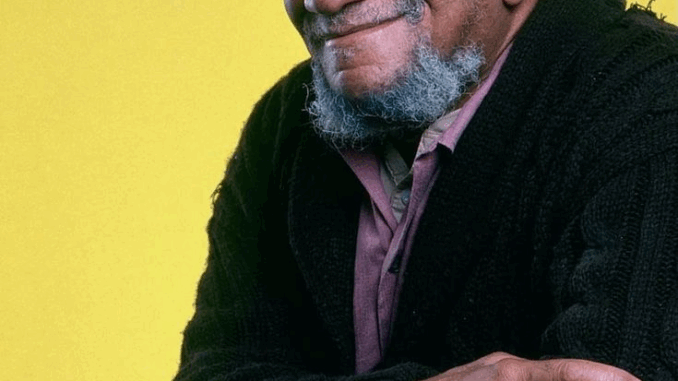
Redd Foxx made millions during his reign as one of television’s funniest and most groundbreaking stars. Sanford and Son pulled in huge ratings and syndication money. He performed sold-out comedy shows, landed endorsements, and lived like a king. But when he died suddenly in 1991… he left behind just $3.13 in the bank.
So what happened to all that money?
The shocking truth behind Foxx’s financial collapse reads like a tragic Hollywood thriller. Despite his fame, he was a big spender with a soft heart. He lavished cash on cars, jewelry, and extravagant gifts for friends and family. But that wasn’t the only drain on his fortune.
Multiple ex-wives—including one divorce that cost him over $300,000—left him in debt. He also trusted the wrong people. Managers mishandled funds, and tax advisors reportedly failed to pay the IRS properly. By the late ’80s, Foxx owed the government more than $750,000 in back taxes.
In a now-infamous moment, the IRS raided his Las Vegas home while he was filming The Royal Family. They seized furniture, clothing, and even his cherished comedy awards. Foxx, humiliated, told reporters: “They took my toilet paper. I owe, but damn—leave a man some pride.”
Behind the scenes, castmates said he was exhausted—emotionally and financially. He worked constantly just to stay afloat, often skipping medical appointments to avoid missing a paycheck. Ironically, the very show he created to stay solvent—The Royal Family—was where he collapsed from a fatal heart attack during a rehearsal.
At his funeral, many fans were shocked to learn there was no estate, no inheritance, and no safety net. In fact, his funeral expenses had to be covered by friends like Eddie Murphy, who quietly paid off some of Foxx’s lingering debts in the years after.
To this day, the question remains: how did one of the most beloved TV stars of the 1970s end up penniless?

Some blame the system. “He was a Black man making white Hollywood money, but with no one protecting it,” one biographer said. Others believe his loyalty to the wrong people—ex-wives, hangers-on, bad managers—cost him everything.
The tragedy isn’t just financial—it’s legacy. While Sanford and Son still airs around the world, the man behind Fred Sanford was left with almost nothing. His laugh echoed through millions of homes, but when he needed help, few answered.
As one former colleague put it: “He made America laugh. But when the curtain fell, he faced the final scene alone.”